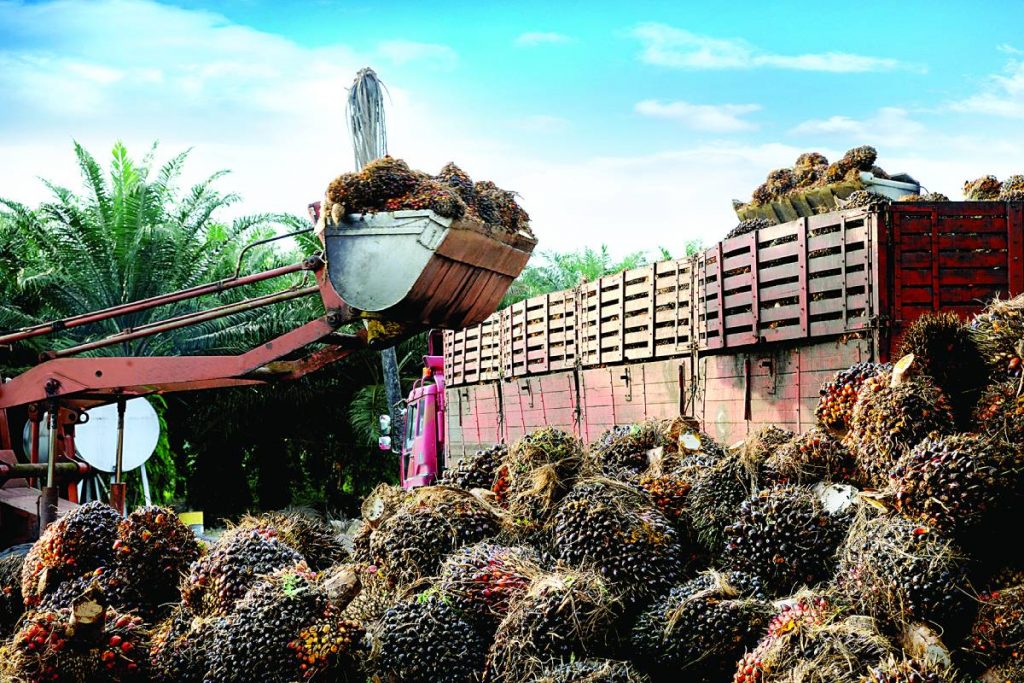Palm oil policy needs wider consultation
The northeastern state of Mizoram is already witnessing environmental and social impacts from oil palm cultivation
By Malvika Kaushik

The Government’s policies for expanding palm oil production lack the scientific and social measures needed to protect indigenous people and biodiversity.
Palm oil is recognized as the murderer of the orangutan. It has destroyed the rainforests in Borneo and Sumatra, the giant ape’s only habitat. It is no surprise that the Government of India’s recent announcement to launch the National Mission on Edible Oils-Oil Palm (NMEO-OP) was met with shock and resistance by environmental and animal rights activists.
The NMEO-OP intends to make India, one of the largest importers of palm oil in the world, self-reliant in edible oil production. It proposes price assurances and other economic incentives to persuade farmers to cultivate oil palm. The move is touted as essential for national economic security. Meanwhile, activists are highlighting the dangers of widespread cultivation of oil palm monocultures in the north-east and in the Andaman and Nicobar islands (ANI). There are two key threats. The first is the destruction of fragile ecosystems in these biodiversity hotspots. In the north-east, the diversion of land cultivated under shifting agriculture or jhum could also be an issue. Jhum entails rotation between cultivation and regeneration in different patches of land. It seems to support more biodiversity than monoculture plantations.
Second, indigenous people in these regions may experience harsh social impacts. As jhum on community-owned land moves to individual settled agriculture, social relations may change. Women may be affected as title and power becomes concentrated in men’s hands. Farmers might be subject to exploitation by corporations or their proxies, which usurp community or individually owned land through bribery, coercion or forged consent.
These concerns are not being raised in a vacuum. The northeastern state of Mizoram is already witnessing environmental and social impacts from oil palm cultivation. The experience with Indian solar park expansion raises more fears. Solar park expansion has facilitated corporate land grabs and has diverted grasslands that support pastoralists and communities with subsistence lifestyles.
Government estimates indicate that the total land identified for potential cultivation in Manipur, Meghalaya, Nagaland, Tripura and ANI is around 180,000 acres, at par with the area identified in the much larger states of Telangana, Chhattisgarh, Odisha, and West Bengal. Just in Manipur, the land identified is a whopping three percent of the state’s total area. In the north-east, much of the selected area is reportedly wasteland or degraded land in foothill plains. Local activists claim most of these are in fact fallow jhum lands.
One measure suggested by researchers to reduce these impacts is to map land use to avoid land with key ecosystem services. Another is to specify the criteria for classifying land as degraded or wasteland. Active consultation with stakeholders such as farmers, enabling them to make informed choices about oil palm, is also key. Clear regulatory frameworks on issues like land use seems essential. The bottom line is that any push for oil palm must be accompanied by clear scientific and social policy measures. Yet, a brief look at existing initiatives shows that they do not address potential adverse impacts.
The NMEO-OP focuses inordinately on providing economic incentives for oil palm cultivation. There is no regulatory framework to guide its expansion.
The Indian Palm Oil Sustainability Framework (IPOS) recently adopted by some palm oil producing companies is both voluntary and appallingly lax. There is no requirement that “sustainable” palm oil not be sourced by supplanting forests or grasslands. Moreover, the IPOS seeks to relax land ceiling norms to help corporations to get large-scale land leases for plantations.
At the regional level, one can look at state-level initiatives, such as the New Land Use Policy adopted in Mizoram and Manipur in the last decade. These initiatives actively promote a shift from community to individual ownership of land. Mizoram and Manipur have also enacted laws regulating the production and processing of palm oil (the former in 2004, and the latter in 2021). Such measures take a top-down, bureaucratised approach to manage plantations through zonal committees, oil palm commissioners and the like, with no focus on social and environmental factors.
India is brazenly disregarding international experiences with the challenges of growing oil palm sustainably, and ignoring its own problematic environmental protection regime. Members of the public from across the board – be they in academia, civil society, local communities, or the media – must come together to compel the government to recalibrate its policies towards growing palm oil sustainably.
First Published On: The Statesman

